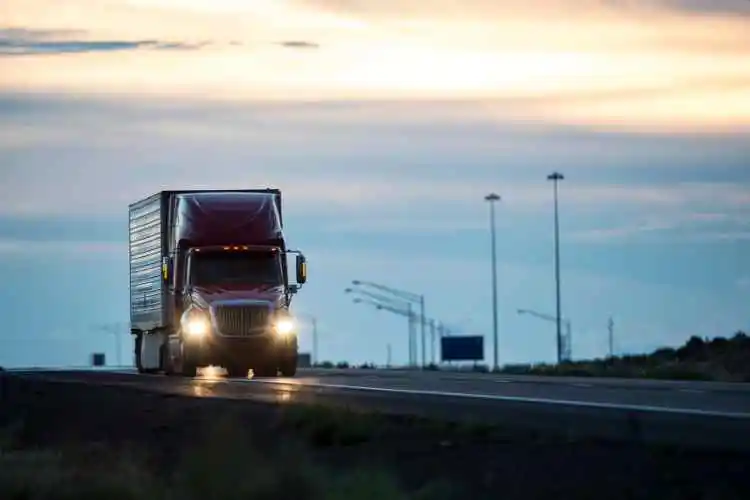Interstate truck transport is a complex and dynamic field where efficiency and reliability are paramount. In this industry, the role of trusted networks is becoming increasingly significant. These networks, formed through collaborations between various stakeholders, provide a backbone of support, information sharing, and resource optimisation. They serve as a crucial element in enhancing the efficiency of truck transport across state lines. This article delves into how these networks transform the landscape of truck transport interstate, touching upon various facets such as technology integration, cost management, quality assurance, and sustainability.
Efficiency Unlocked: The Network Advantage
In trucking, efficiency is a multifaceted term. It’s not just about speed; it includes timely deliveries, optimal routing, and minimising idle time. Networks play a key role in optimising these elements. They offer access to real-time data and resources, enabling companies to make quick, informed decisions that enhance service quality and timeliness.
Harnessing Technology for Smarter Trucking
Technology acts as the cornerstone of modern trucking networks. Tools like GPS tracking, advanced logistics software, and real-time communication systems are not just add-ons but necessities in the current landscape. These technologies facilitate smarter, more informed decisions, impacting everything from route planning to cargo tracking, thus directly enhancing operational efficiency and customer satisfaction.
Cost-Effective Solutions Through Collaborative Efforts
In the transport sector, managing costs effectively is a constant challenge. Networks provide a platform for shared resources and collective wisdom, leading to more cost-effective solutions. This collaborative approach enables competitive pricing, benefiting both transporters and clients. Network members can optimise routes, reduce fuel consumption, and lower operational costs by pooling resources and information.
Quality Assurance in Interstate Trucking
Maintaining high standards of service is crucial in interstate trucking. Networks help set and maintain these standards, creating a framework where each member company adheres to predetermined quality and reliability benchmarks. This mutual commitment to excellence ensures that all network partners deliver consistent and dependable service, enhancing the overall reputation and reliability of the network.
Adapting to Market Demands with Agile Networks
The trucking industry is marked by its dynamic nature, constantly evolving demand and challenges. Networks provide the necessary agility to adapt quickly to these changes. They ensure that capacity and resources are aligned with the current market needs, enabling companies to respond swiftly to fluctuating demands and unexpected logistical challenges.
Sustainability in the Fast Lane
Environmental sustainability is a growing consideration in the trucking industry. Networks facilitate sharing best practices and innovative solutions that contribute to more sustainable and eco-friendly transport methods. From optimising routes for reduced fuel consumption to embracing alternative fuel vehicles, networks are at the forefront of driving sustainable approaches in the industry.
Building Long-Term Relationships for Future Success
Strong, long-term relationships are the cornerstone of success in trucking. Networks foster these connections, creating an ecosystem of trust and mutual support. These relationships go beyond mere business transactions; they are about building a community of partners committed to collective success and innovation.
Conclusion
As the demand for truck transport interstate continues to evolve, the role of trusted networks in shaping its future becomes increasingly clear. These networks are not just facilitators but catalysts for change, driving efficiency, reliability, and sustainability. By embracing technology, fostering collaboration, and committing to quality and environmental responsibility, these networks steer the industry towards a more connected, efficient, and resilient future. The road ahead for truck transport is one where networks play a pivotal role, ensuring that goods are transported not just faster and cheaper but smarter and in a sustainable way for generations to come.
